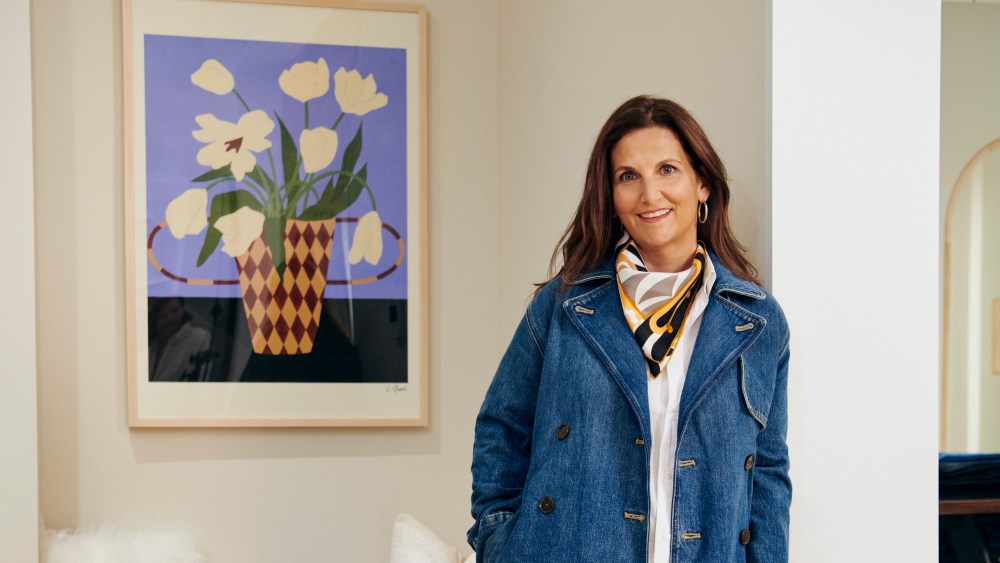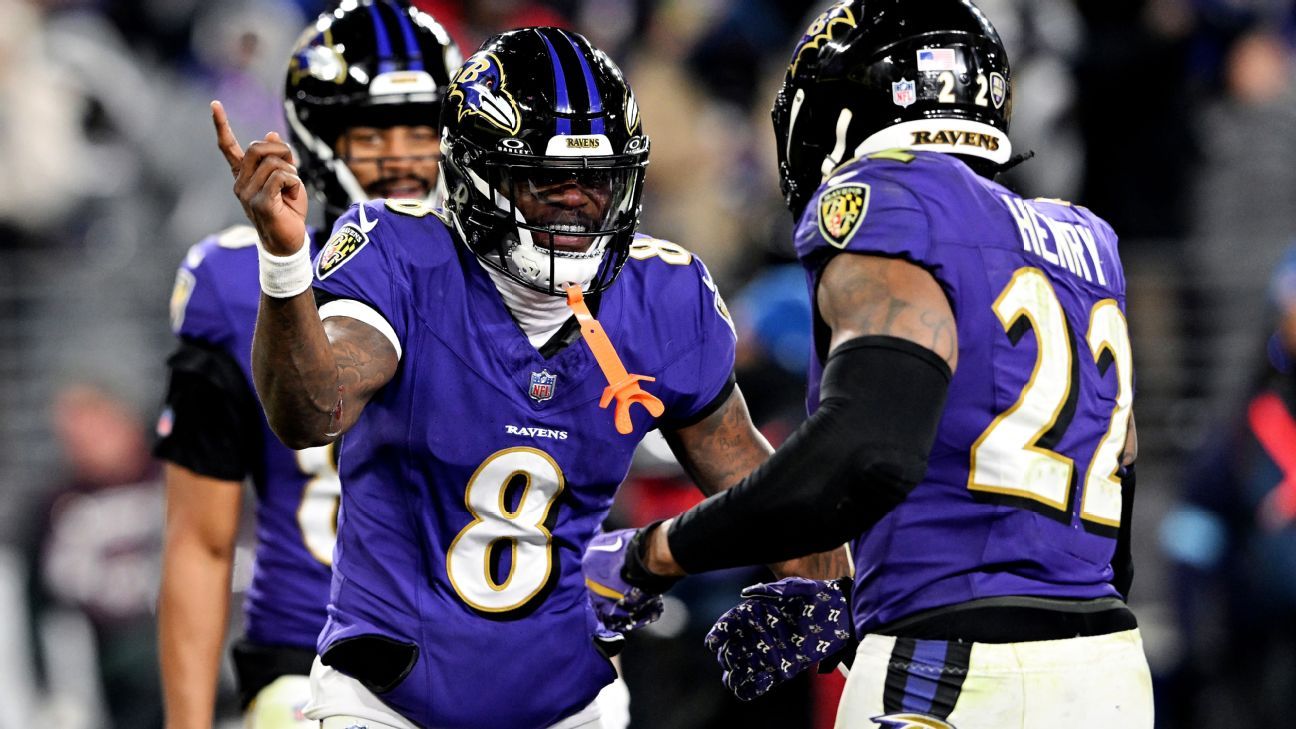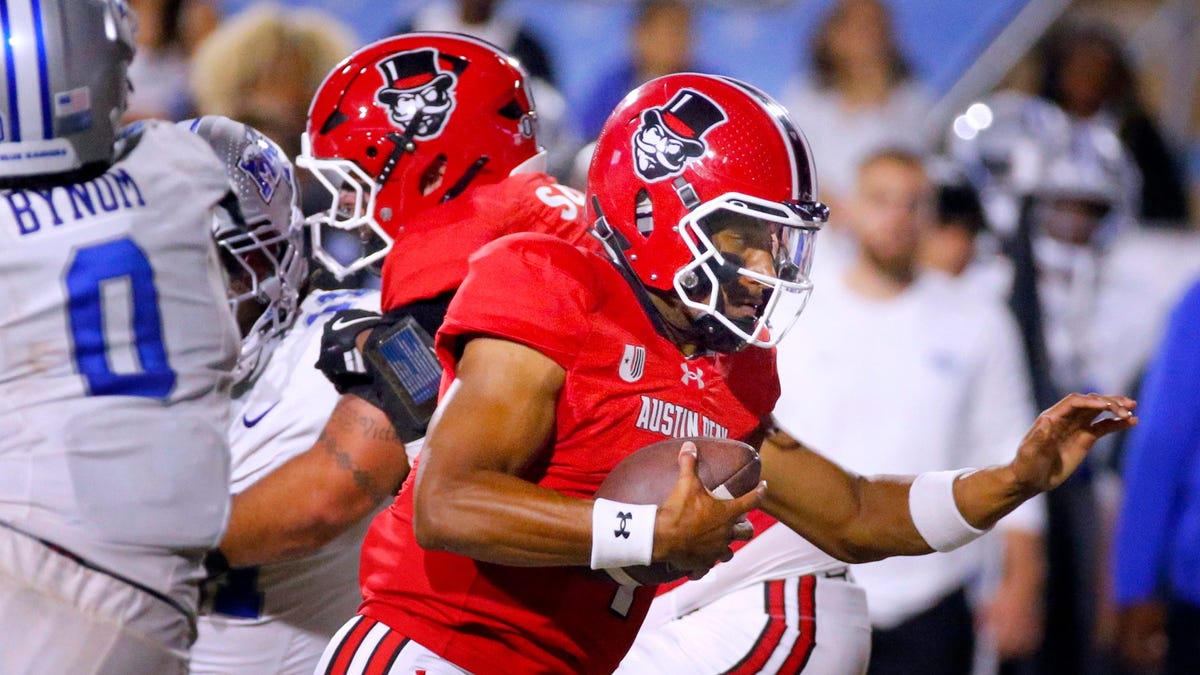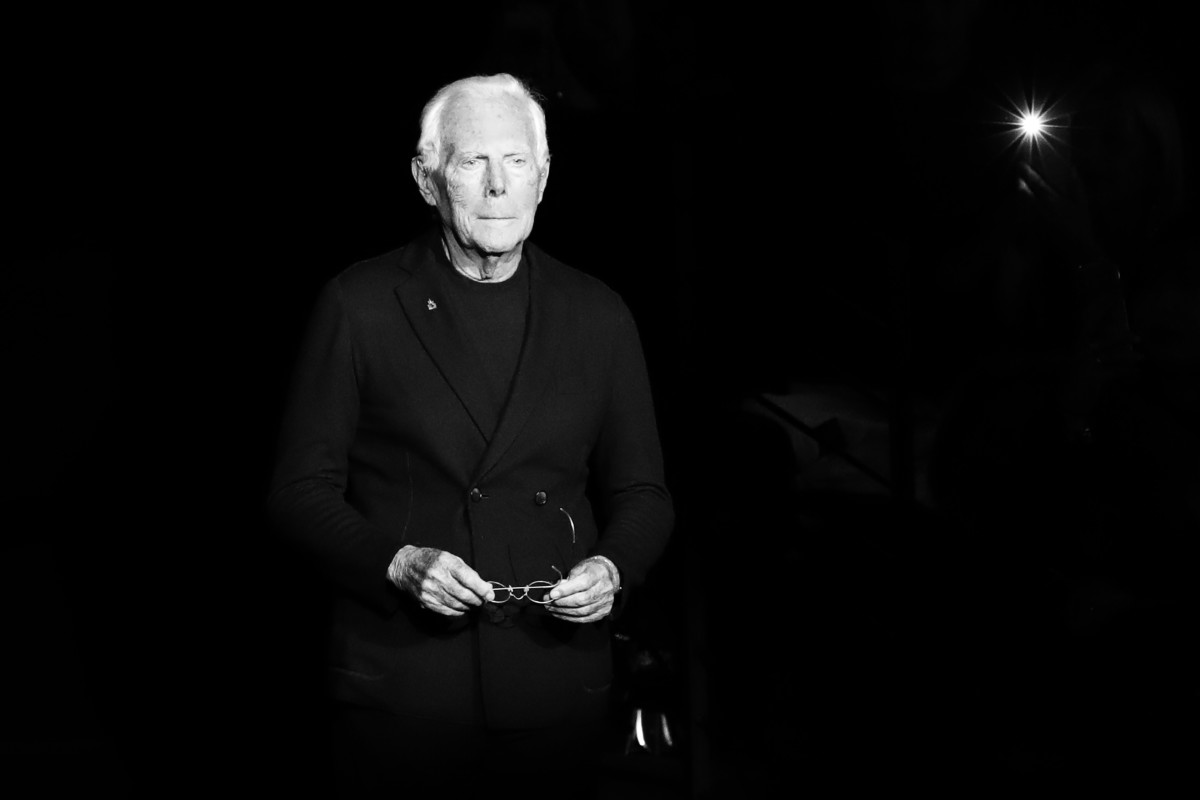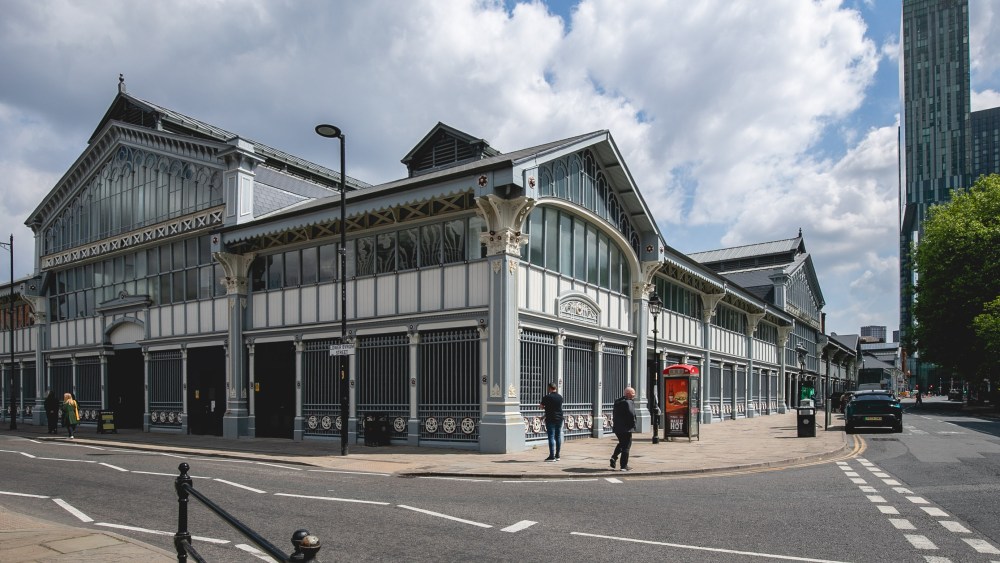
LONDON — Manchester Fashion Week will return this September after a decade-long hiatus.
Running from Sept. 9 to 11, the three-day fashion event will encompass fashion shows and presentations from the city’s top menswear and outerwear brands, as well as conversations around textile heritage, technological innovation and sustainable practices.
Gemma Gratton, executive producer of Manchester Fashion Week, said one can expect heritage brands to reveal the practices that have allowed them to endure, alongside next-gen leaders shaping the future of fashion through tech, AI and advanced materials. There will also be explorations around topics like on-shoring vs. off-shoring in U.K. manufacturing.
Campfield, a new creative hub born out of one of Manchester’s oldest market halls in the St. John’s area, will serve as the main stage for Manchester Fashion Week.
Gratton said the upcoming pilot edition will be B2B-focused in the first year as it aims to engage with northern powerhouses of fashion and manufacturing, as well as forward-thinking brands committed to improving their impact on people and the planet.
“Fashion, as it stands, is not sustainable — and we’re not shying away from that truth. Manchester Fashion Week will confront industry challenges head-on, spotlighting how brands can take greater responsibility. Education will be central to our mission, as we aim to disrupt the current system and spark critical conversations around the cultural and systemic shifts needed within both the industry and wider society,” said Gratton.
The city’s distinct subcultural style and identities will also be celebrated during the three-day event.

Gemma Gratton
Courtesy
While London has historically been where fashion moments happen in the U.K., Manchester has emerged as a key fashion hub in the past decade with the rise of ultra-fast fashion brands like Boohoo, Misguided, and Shein’s latest upmarket experiment Musera.
Gratton said Manchester Fashion Week will be an inclusive platform to encourage honest dialogues with these players.
“While we won’t be advocating the practices of ultra-fast fashion, we welcome these players to join the conversation, without judgment. Our goal is to create space for learning, dialogue and progress by inviting them to hear from pioneering voices in fashion and sustainability,” she said.
Looking down the line, Gratton said there is a five-year plan in place to achieve year-on-year growth with a focus on education, innovation and transformation.
The return of Manchester Fashion Week is self-funded and is being brought to life by “a committed team who believe in the need for a fashion week rooted in Manchester’s identity,” added Gratton, who has over 20 years of experience in sales, business development, and project management before working on the relaunch of Manchester Fashion Week.
She believes that the city needs a fashion reset, reimagining the industry from the ground up, drawing from its industrial heritage while embracing the city’s new tech innovations.
“As the U.K.’s leading city of innovation, Manchester is uniquely positioned to redefine what a fashion week can be. We’re not just adding to the calendar. We’re challenging the status quo. With a core focus on circularity, responsible production, future fabrics, and fashion-tech, Manchester Fashion Week will be a platform where tradition meets transformation,” Gratton continued.
Gratton’s Manchester ambition also dovetails with the British Fashion Council’s latest strategic update, in which the BFC’s new chief executive officer Laura Weir vows to decentralize and recognize nationwide excellence and make the U.K. accessible to the world.
Manchester Fashion Week was founded in 2011 by entrepreneur Jonathan Sassen, who is now the owner of Maverick Seven Group, a hospitality consultancy. The original operation was short-lived as it was marred by a string of controversies due to unpaid bills.
#Years #Manchester #Fashion #Week #Returns #Green #Ambitions


